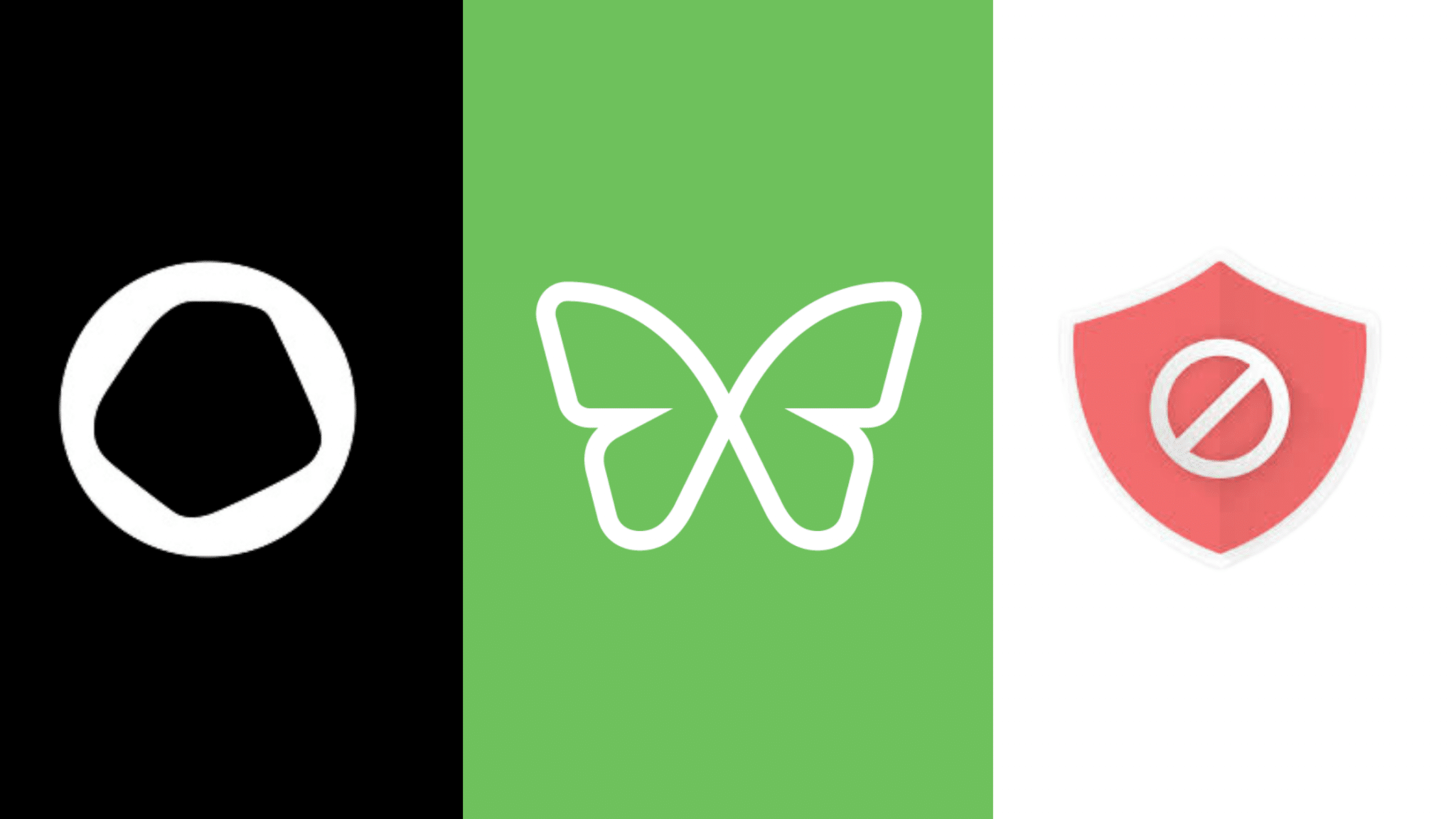Freedom Matters: The Tools We Use

A summary of our series on the role of technology in our lives
In our final series of 2022, Freedom Matters explores ‘The Tools we Use’, reflecting on the role of technology in the way that we live our lives and do our work. We created this series because the technology that we use should be a tool to enhance our lives, relationships, and community. But too often, we forget our power, drifting towards bad digital habits where we become the tools in technology’s game.
Every tool that we use shapes our experience of this world.
We wanted to highlight why and how technology can become the master. But we also wanted to show how reclaiming control can help us unlock a whole new toolkit that enables better work.
Many of our guests share cautionary tales.

Randy Fernando, co-founder of the Centre for Humane Technology reminds us that no tool is created neutral.
In our wide-ranging conversation with him, we delve into some of the systemic issues of the technology industry today, which are now shaping the way that we live. We discuss how business incentives –not human interests– govern design, and why we all, users and designers alike, need to understand what thriving means to us so that we can live these values, eyes wide open, in the tools that we create and use. His message echoes that of LM Sacasas, who we interviewed earlier in the year, who highlights how every tool that we use shapes our experience of this world.

Tanya Goodin, author, broadcaster, and campaigner on digital wellbeing and tech ethics – founder of the digital detox movement Time to Log Off and host of the ‘It’s Complicated’ podcast, poses the simple question – is the tech tool always best? In this episode, we discuss many of the lessons that she has learned about the costs of using technology, including the elephant on the zoom, Technoference, the elusiveness of Tech-life balance, and one most important question – is technology always the answer?
However technology is also having a hugely positive impact on the ways that we work, and when these tools are used appropriately can help us to be more focused, productive, and creative.

In Tools for Time, we speak with Henry Shapiro, CEO of calendar software, Reclaim.ai, about some of the practical ways in which time constrains us, and how to manage those constraints. We discuss the importance of shifting from a task to a priorities-based approach to managing time and how AI can help us. This episode resonates with some of the productivity-enhancing tools, such as micro tasking, which Shamsi Iqbal has previously discussed with us on the podcast, which touches on the potential of future technology for productivity.

On the topic of AI, we speak with Amit Gupta, Creative writer, serial entrepreneur, and founder of Sudowrite. We discuss some of the challenges of creative writing, and how writing has lagged behind other creative pursuits in terms of the availability of technology to support it (there is no photoshop for writing). Amit recognizes there is a risk of harm with the widespread adoption of AI writing tools that need to be monitored but argues that flagging too many of the potential harms of future technologies may hold us back.

Phil Amalong (VP of Marketing at Freedom) and Dan Clark (CEO of Brain.fm) discuss how music can be used as a powerful tool to help us focus.
Focus Sounds are part of the Freedom product, in part due to Brain.fm. Dan explains the science behind how music can work to align the vibrations in our brains so that we can think more clearly and stay focused for longer. He has spent years hacking his life to improve his focus and believes there is still so much to learn when it comes to sound.

So where do we go from here? Personally, I think that John Mack gets closest to the answer, as a consequence of the discoveries that he made creating his exhibition, A Species Between Worlds: Our Nature, Our Screens, exploring humanity’s current migration from the natural world to the virtual world.
In our discussion, we cover the role of technology tools in our lives, and how it distorts our relationship with nature. We also discuss how our psyche is also a tool, which shapes our lived experience. Mack argues that the only way to reshape our relationship with technology is to first reshape the relationship that we have with ourselves so that we can live fully, uninhabited by the preconceptions of our mind.
Your mind is the most powerful tool of all. Are you in control of it?
So take a step back and consider all the tools you use every day. Why have you chosen them? Are they the right tool for the job? Are they neutral, or are they curating your life? Are you the master of your toolkit?
But importantly too, consider the context for your choices. Why are you even doing a task in the first place? Your mind is the most powerful tool of all. Are you in control of it?


